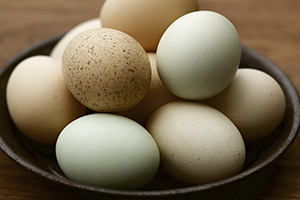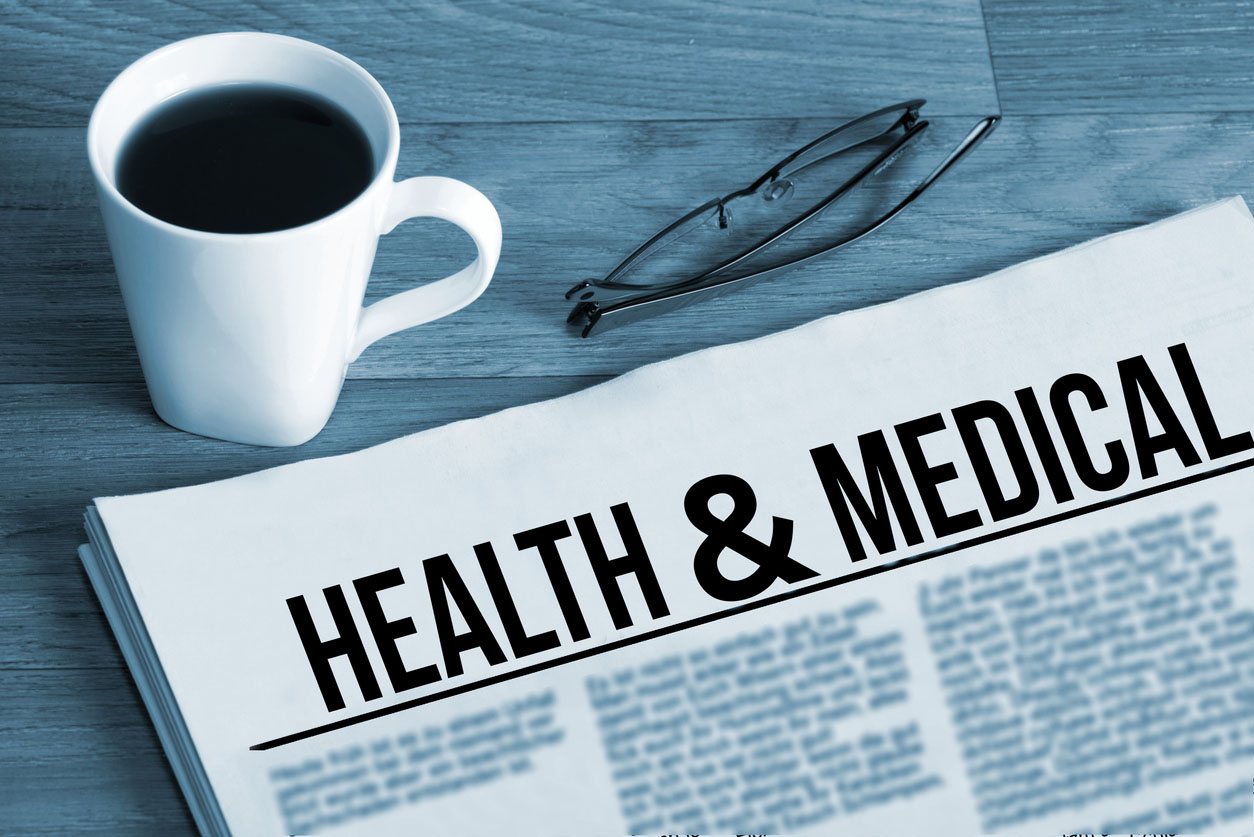I don’t think there’s any more controversial food than eggs. By and large, the reason we have been told to avoid eating eggs is because they contain cholesterol, and indeed that’s true. A typical egg may contain as much as 200 mg of cholesterol. But does that mean we shouldn’t eat eggs?
To answer this question, researchers in Finland conducted an extensive study in which they evaluated two parameters. First they looked at whether or not individuals developed coronary artery disease. In addition, they looked at a parameter called carotid intimal thickening. Basically this is a study, using ultrasound, that looks at the thickness of the lining of the carotid artery. The reason this is used is because it is a strong indicator of coronary artery disease if in fact there is thickening.
The research, published in the American Journal of Clinical Nutrition, followed 1,302 men, ages 42 to 60, for approximately 21 years. The results demonstrated that there was no correlation whatsoever between the consumption of eggs and risk for coronary artery disease. Further, there was no association between egg consumption and thickening of the carotid artery.
In their discussion, the researchers described how eggs are a rich source of such compounds as lutein and zeaxanthin, as well as various bioactive phospholipids. These act to reduce inflammation as well as free radical mediated damage to fats. Coronary artery disease is, in fact, a situation in which there is excess inflammation that leads to increased free radical damage of the fat cells lining the arteries.
In addition, egg consumption is associated with increase in size of both LDL and HDL particles, and this has been associated with decreased risk for coronary artery disease as well.
Finally, egg consumption has also been associated with better glucose metabolism which will obviously have a favorable effect not only on the coronary arteries, but also on the brain.
So I hope you’ll take a look at this report, published in a very well-respected nutritional journal. I believe you will find this information interesting and compelling, especially around breakfast time.
And finally, if anyone can help me identify the tree in the video, that would be great!
This article originally appeared on Dr. Perlmutter’s website.








